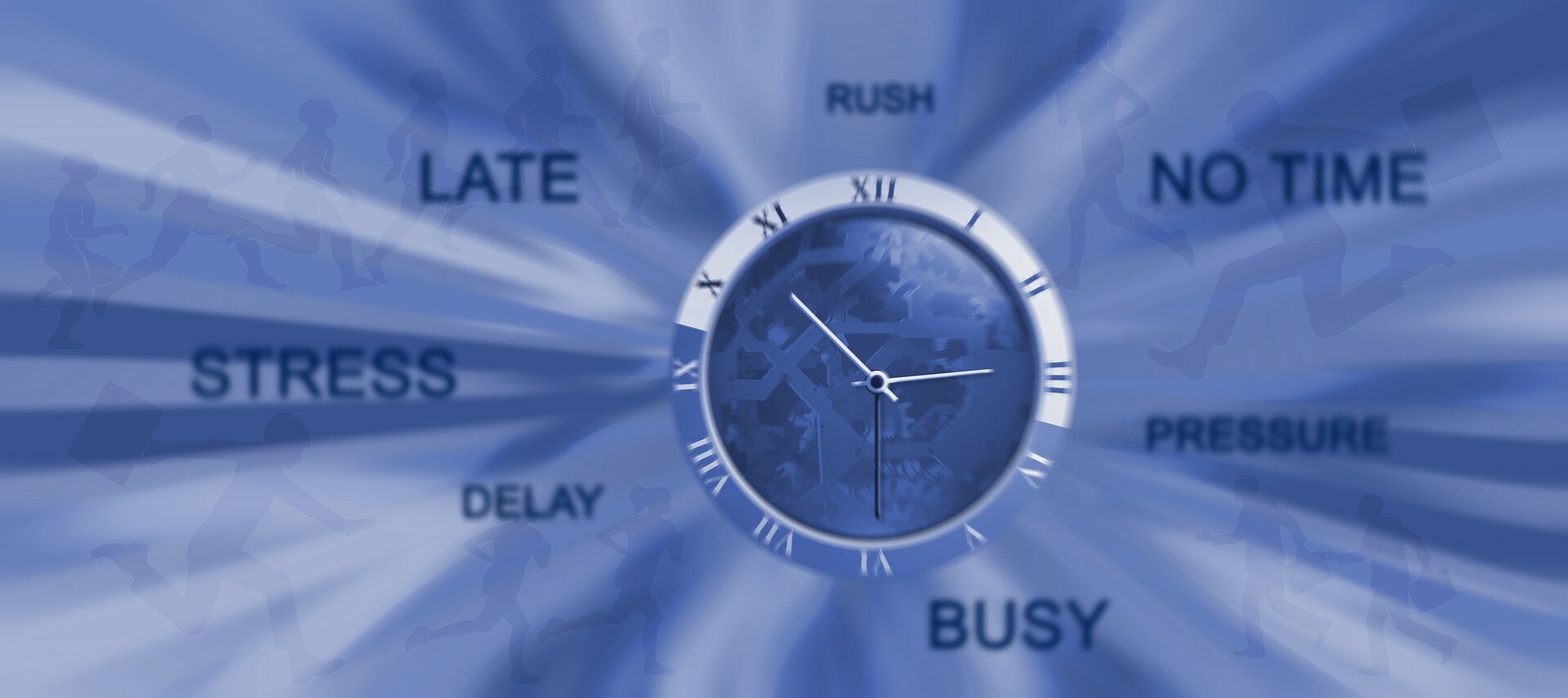Mental Health, Stress and Mindset with Mark Butler
/This week’s conversation was with Mark Butler, specialist in workplace mental health. We discussed returning to work after lock down, practical things leaders and organisations can do to address the roughly 30% of people who will return to work with significant mental health distress. If you’d like to contact Mark for more information visit his website or email him directly at: mark@markbutler.com.au.
And to watch our earlier sessions, you may check on the playlist here.
Here's our line-up for the coming weeks:
June 10
Grant "Axe" Rawlinson - A Kiwi based in Singapore and an adventurer that makes the stuff I have done look mild. He played international rugby and has over 50 expeditions across the globe under his belt including walking across countries, cycling across continents, climbing Mt Everest and crossing sea's completely by human-power. We'll talk decision-making, goals in uncertainty, mindset when all seems lost.
June 17
Shaun Nannup - Human being and Aboriginal Elder. Shaun connects people with powerful stories of belonging. Aboriginal people have culture dating back at least 60 000 years in Australia. Shaun and I will discuss connection, sustainability, and what's important when you are focussed on legacy beyond your lifetime.
June 24
Bonnie Davies - Founder, CEO and Creative Director for Gelo. Bonnie is all about “Unboring things”. Bonnie is constantly rewriting the playbook for creative, performance based businesses. She also creates and becomes Famous Sharron. We'll talk innovation, doing things differently, refusing to quit and ask why so much stuff is boring.
Come and Join us 2:00 PM Perth time on Wednesdays.
More from Mike
Subscribe to Mike’s weekly Unshakeable Newsletter here.
Join the weekly Don’t Panic - Surviving COVID19 webcast here.
Download a 1-page resource on the power of gratitude in Unshakeable teams here.
Buy a copy of Mike’s book “Thrive and Adapt” here, or sign in for a complimentary PDF copy
Contact Mike to discuss organisation wide Well-being and Resilience programs that create Unshakeable teams:
+61 423 193 196






















